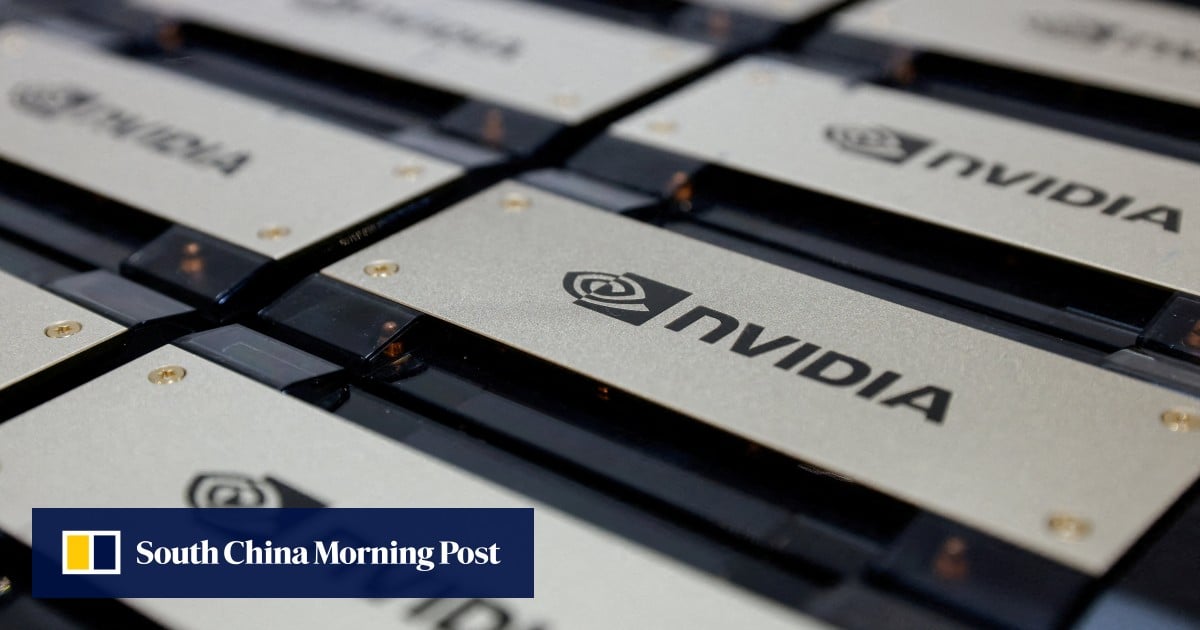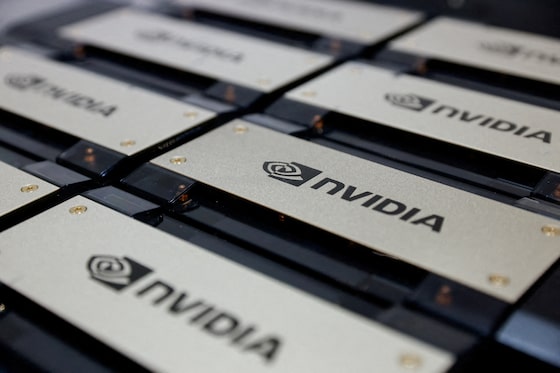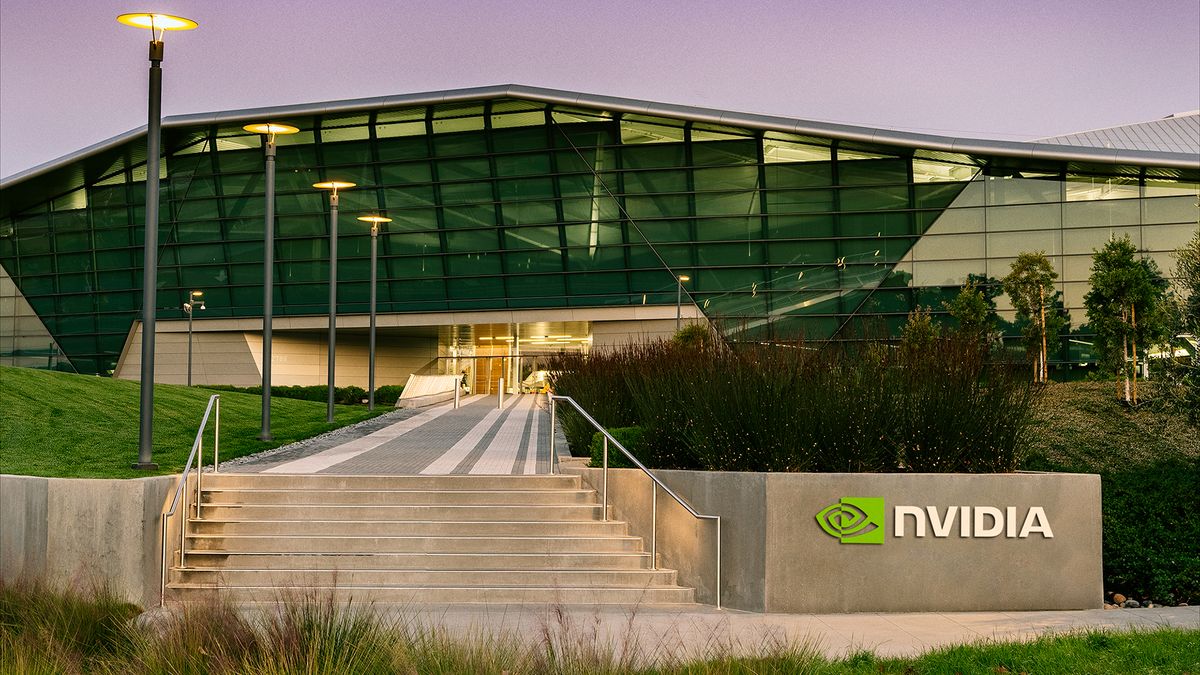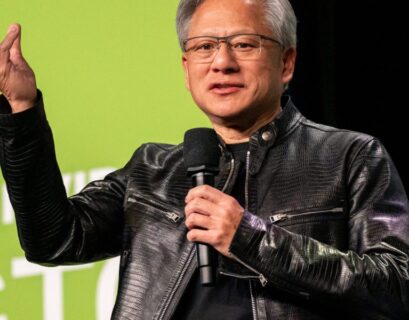US-based semiconductor leader Nvidia has initiated the distribution of substitute samples of permissible artificial intelligence (AI) chips to its Chinese clientele in response to the escalating impact of Washington’s constraints on the sale of cutting-edge semiconductors to China.
Despite reporting a substantial 265% surge in revenue to US$22.1 billion in its fourth quarter, primarily attributed to the soaring demand for data center graphics processing units (GPUs) globally, Nvidia faced a notable setback in China. The company’s data center revenue in China witnessed a significant decline following the enforcement of US government export regulations in October, as highlighted by Nvidia’s chief financial officer Colette Kress during an earnings conference call with analysts.
Acknowledging the challenges posed by the stringent export regulations, Nvidia has commenced the shipment of alternative GPUs tailored for the Chinese market that do not necessitate a license under the revised export framework. However, the company is yet to obtain licenses from the US government for the shipment of restricted products to China. Kress anticipates that China’s contribution to the data center revenue will remain stagnant at a mid-single-digit percentage in the upcoming quarter.
While Nvidia’s overall net profit surged by a remarkable 581% to US$29.8 billion in the twelve months ending January 28, the uncertainties surrounding its operations in China persist. The trade restrictions imposed by the US Commerce Department have hindered Nvidia’s ability to export advanced GPUs like the A100 and H100 to China, which are highly coveted for AI system training. Additionally, the customized A800 and H800 GPUs, devised as alternatives for Chinese clients in 2022, have also been impacted by the revised US controls introduced in October. Consequently, Nvidia has introduced new alternatives such as the H20, L20, and L2 GPUs to mitigate the repercussions of the restrictions.
Nvidia’s CEO Jensen Huang emphasized that the US government’s objective is to restrict the accessibility of Nvidia’s cutting-edge accelerated computing and AI capabilities in the Chinese market. Huang mentioned that Nvidia has reengineered its products post the October restrictions to ensure they are impervious to software manipulation. The company is currently in the process of sampling these reconfigured products with Chinese customers.
Furthermore, Nvidia has initiated pre-orders for the H20 GPU, tailored for AI training applications in China, priced between US\(12,000 and US\)15,000 per card. In the financial year 2023, China, including Hong Kong, stood as Nvidia’s third-largest market, trailing behind the US and Taiwan. The Greater China region, encompassing Taiwan, represented 21.5% of the company’s total revenue, marking a decline from the previous year’s 26%.










